Keeping yourself healthy in Ramadan is something everyone constantly searches for because keeping yourself away from food during the long day can cause weakness. A healthy diet in Ramadan is essential to be followed by everyone.
In Ramadan, you are only allowed to have meal two times a day, suhoor and iftar; this is the time when you can eat and drink only.
It would be best if you ate & drink healthy at these times. Check out some of the healthy and safety tips for Ramadan to keep you fit and healthy.
Don’t be tensed and search for anything else. I suggest the perfect diet that should be followed in Ramadan to keep you healthy and fit.
Here is the 5 best Healthy Diet in Ramadan
1. Protein-Rich Diet
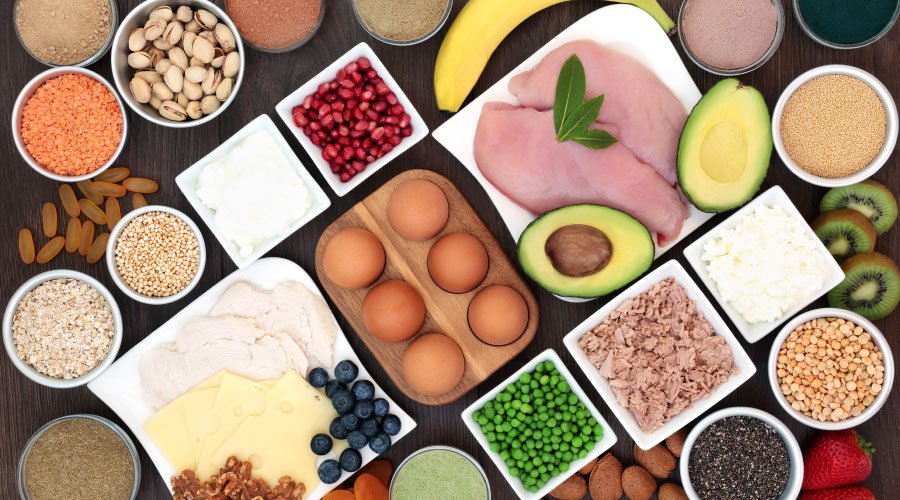
Every cell in our body contains protein; to continue the cycle of cell repair, we need protein in our diet. Every person needs to keep their cells, muscles, and body healthy.
Some protein-rich foods are eggs, lean meat cuts, skinless chicken, fish, seafood, cheese, yogurt, milk, lentils, beans, legumes, cereals, nuts, etc.
You need to consume protein-rich foods in each Ramadan meal to keep you feeling full until the next meal.
How to fast healthy in Ramadan?
Let me tell you.
You can eat protein-rich foods like oatmeal cereals, eggs, fish, mixed beans curries, legumes, meat curries, and a glass of high-fat milk in suhoor. Eat the minimal portion of every food group.
In Iftar, you can consume protein-rich foods like chickpeas chaat, grilled or baked chicken, meat, and fish, and drink protein-rich milkshake with dates.
You can eat every food group at once but with a minimum portion size to get a bite of everything easily and keep control of your calories.
2. Carbohydrates Rich Diet
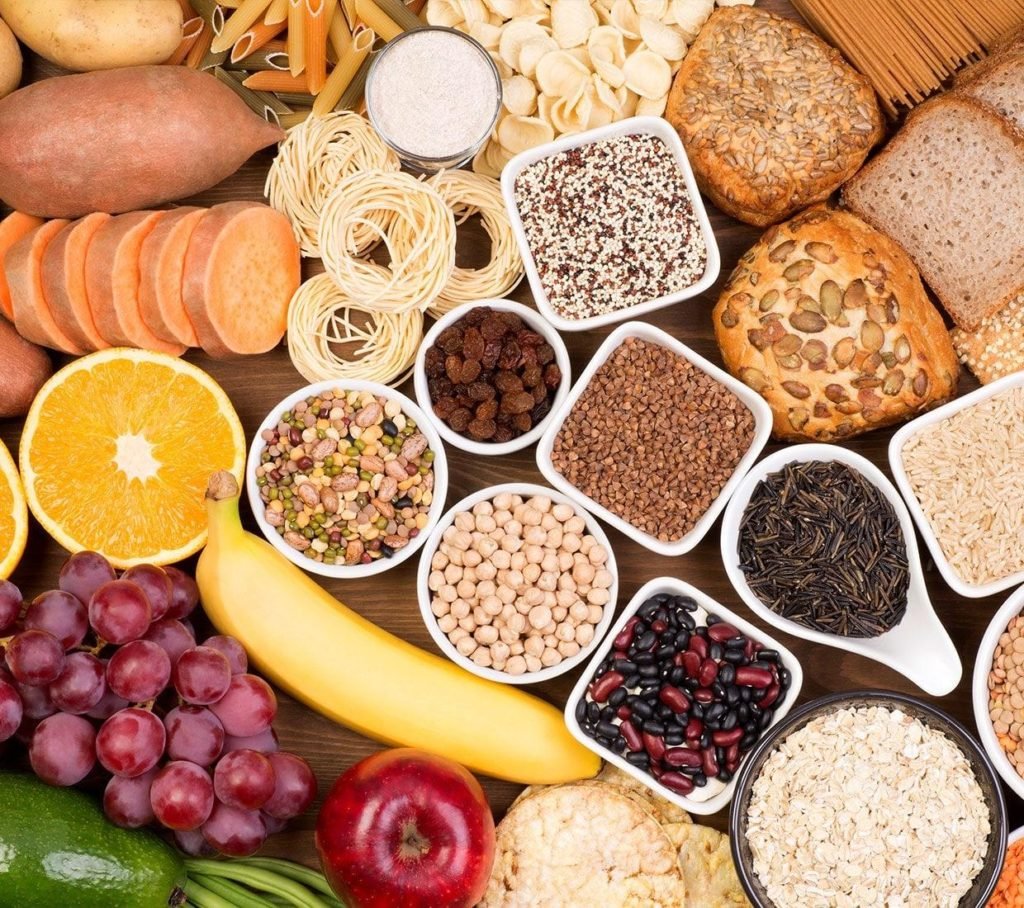
Carbohydrates are essential for our body to keep us charged every time. It works as body fuel for the body. The primary source of energy for the body is carbohydrates.
Some of the primary food sources of carbohydrates are bread, milk, popcorn, potatoes, cookies, pasta, corn, beets, quinoa, buckwheat, blueberries, lentils, brown rice, brown flour, and some fruit and vegetables, etc.
In suhoor, you can consume complex carbohydrates that will keep you full like quinoa, whole wheat bread & naan, oats, barley, legumes curries & vegetable curries, and fruits.
In iftar, you can consume simple carbohydrates that digest early and make you feel hungry for the next suhoor. Some of the simple carb foods are pasta, doughnuts, pastries, canned fruits, white rice, and white flour. Ou can consume them for luxury iftar but with minimum quantity.
How to avoid losing weight in Ramadan?
Eat healthily, and keep your diet rich in protein and carbs. Eat every food group, and consume complex and simple carbohydrates together for better results.
3. Good fats in Diet
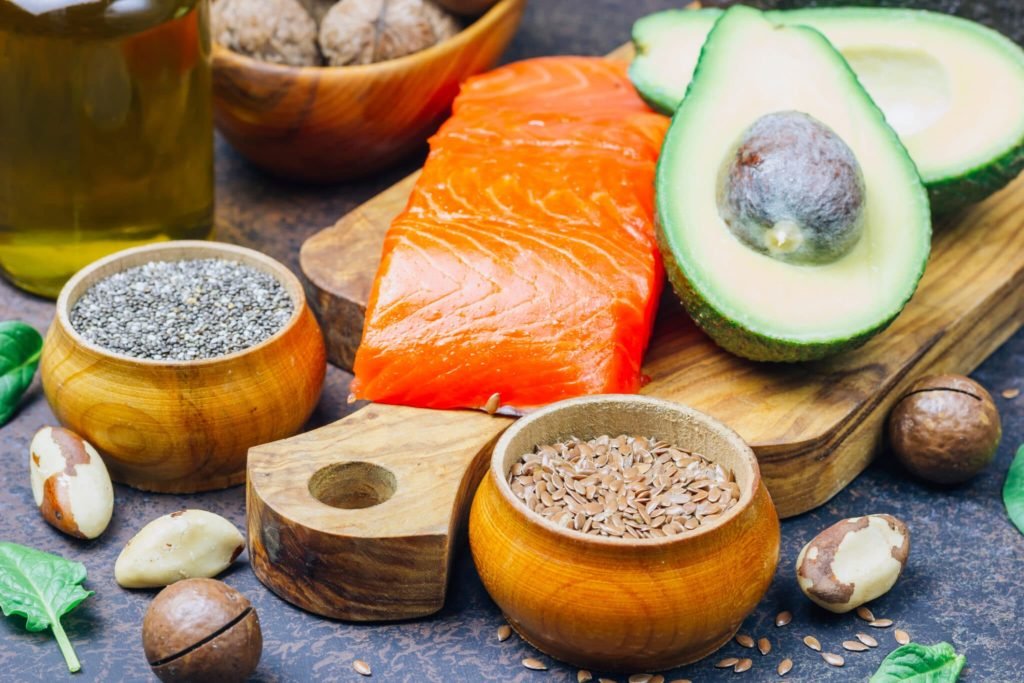
Your body needs fats for major brain development, blood clotting, and controlling inflammation. It would be best if you had fats in a minimum amount to sustain your body for essential tasks.
Goods fats lead to a healthy body; unsaturated and poly saturated are some good fats you all should consume in a healthy diet.
You can get healthy fats from vegetable oils (sunflower, canola, olive, soy, and corn), nuts oils, seed oils, and fish oils.
You can cook your bread and curry in these oils in suhoor and add olive oil to your salad. This will helps you to consume healthy fats with every meal.
You can fry samosa, pakora in olive, sunflower, and canola oil in iftar, and pour some nuts oil on baked potatoes and baked chicken.
Consume healthy fats but in fewer amounts, because excessive oils in food can increase the calorie count. Avoid saturated fats, e.g., fats come from a cow, goats, and buffalo.
4. Fiber-Rich Diet
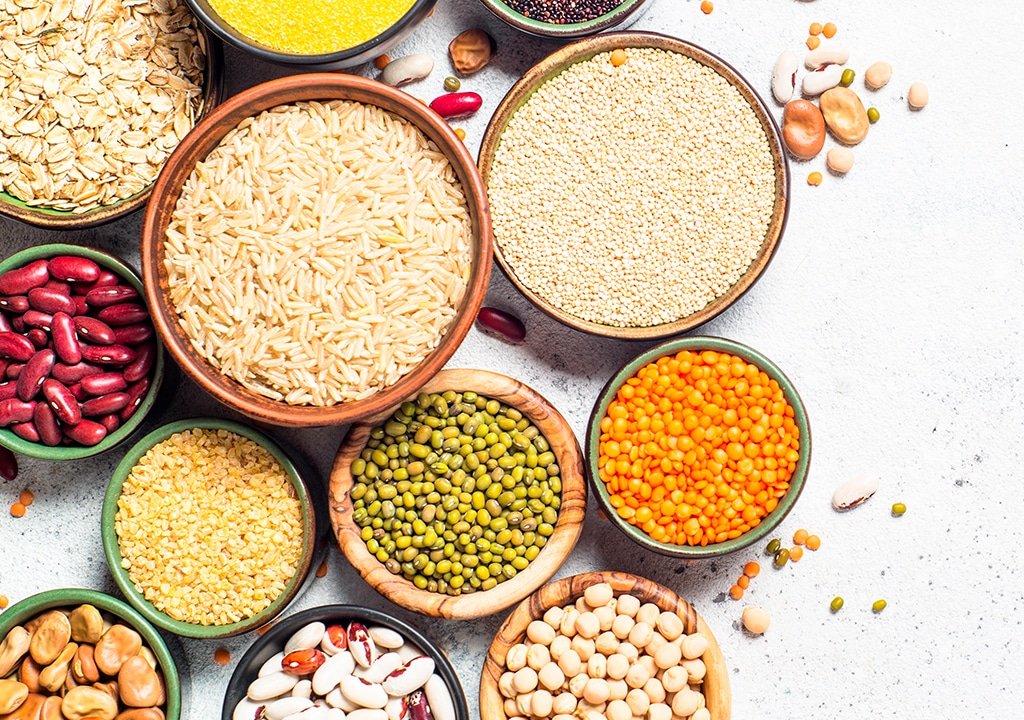
Fiber is mainly a carbohydrate that doesn’t digest in the body and keeps the check & balance of sugar and insulin.
Enrich your diet with fiber to balance glucose, maintain calories and control your weight gain.
Fiber-rich foods are beans, broccoli, berries, avocados, popcorns, whole grains, apples, and dried nuts. Most fibers are present in peels of fruits and vegetables.
Consume fruits with peels in suhoor and iftar to consume more fiber. It will keep you full for longer and help to improve your gut system.
5. Ramadan Diet Chart
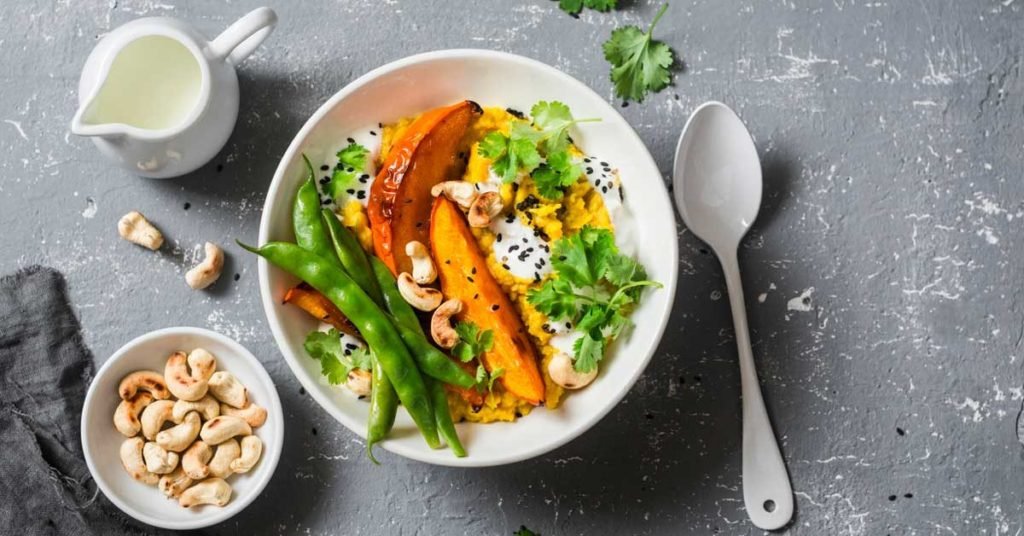
1. You can consume a simple Ramadan diet chart to keep yourself healthy and fit. You can consume all the protein, carbohydrates, fats, and fibers together in a day to get all the essential nutrients.
2. Eat meat and chicken with a combination of vegetables to maintain the calorie count because if you eat meat alone, it will give you high calories that can lead to weight loss.
3. Drink plenty of water, soft drinks, and beverages in suhoor and iftar to keep yourself hydrated. Add yogurt to your suhoor; it will prevent you from thirsting all day.
4. Cook vegetables and meat products in healthy fats and don’t consume fats that come from animal sources, avoid bad fats calories, and consume baked and grilled items because they contain fewer oils.
If you like the article. Do share and comment.
